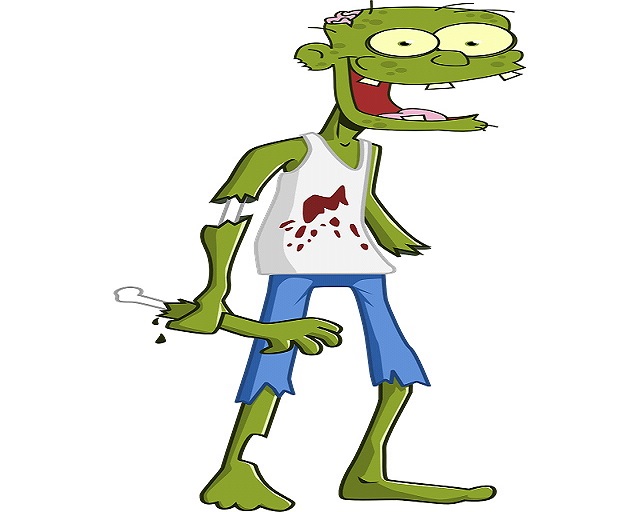Image: https://pixabay.com/vectors/zombie-spooky-scary-creepy-monster-521243/

Josh L. Ascough
– This Piece Is Satire and Should Not Be Taken Seriously –
– If You Do Take This Piece Seriously, Please Thoroughly Research The Term ‘Satire’ –
– Dedicated To Jessi Bennett. You Made Me Do This –
Human life, as all life, faces a time constraint; it is in large part due to this constraint that humans rely on their subjective time preference with regards to the choice for current consumption or future consumption.
To add to this, the time preference over current/future consumption is what makes interest rates possible. The time preference aspect of interest is based on the notion that humans’ prefer to consume in the present, rather than at a designated later, future time period; it is this time preference which helps to explain monthly payments of, for example, a TV.
(Due to time preference, people tend to accept small payments over a set time period for full ownership in the future, i.e. £500 for a TV to buy it in the present, or a £50 deposit followed by monthly payments plus interest, unless ceteris paribus, their ordinal ranking of the good is high, as well as the demand to satisfy their wants/needs for current consumption, i.e. they’re not willing to postpone; people would not be willing to pay the final settlement price for a good they want to satisfy their wants now, if they have to wait for the future to receive the good)
What would happen though, if some genius entrepreneur discovered a way to make humans immortal?
“Governments would hate it because they wouldn’t be able to issue a Death Tax or Inheritance Tax, so they would probably try to ban it”
Firstly Governments would hate it because they wouldn’t be able to issue a Death Tax or Inheritance Tax, so they would probably try to ban it, it would then enter the black market and cartels would tamper with it and turn everyone into zombies.
But assuming Governments don’t interfere (I know, it’s a big assumption more unlikely and unrealistic than this piece), the other question to ask is, how immortal would it make people? Would it be a simple case of humans wouldn’t die of old age, but could die from starvation and disease, or, would it be a case of complete immortality; no disease, mortal wound, aging, or level of hunger could kill a human?
We’ll assume it to be the more simple case, since it’s easier to grasp and if we assumed complete immortality, then the Hyperventilating Overpopulation Ensemble (HOE) would have a heart attack.
“we would likely see a large shift in the market from current consumption to future consumption, with the time preference for goods and services extending for future periods of ownership and consumption”
If humans had the basic degree of immortality (cannot die of old-age, but can from mortal wounds, starvation and disease), then since the time constraint of life would be unaffected by old age, while the time preference and marginal utility of food and medicine would remain the same, we would likely see a large shift in the market from current consumption to future consumption, with the time preference for goods and services extending for future periods of ownership and consumption.
Under this assumption, since peoples’ time preference as a whole has seen a shift to the future, if people still prefer small payments over a prolonged time period, then we would likely see, ceteris paribus interest rates plummet, since people would be saving far more than they are spending; meaning an exponentially larger pool of funds, would be available for long-run multi-period projects of production, expansions in capital goods for larger scale productions of consumer goods in the future, a larger housing supply etc.
In conclusion: I the writer clearly need to get out more.

